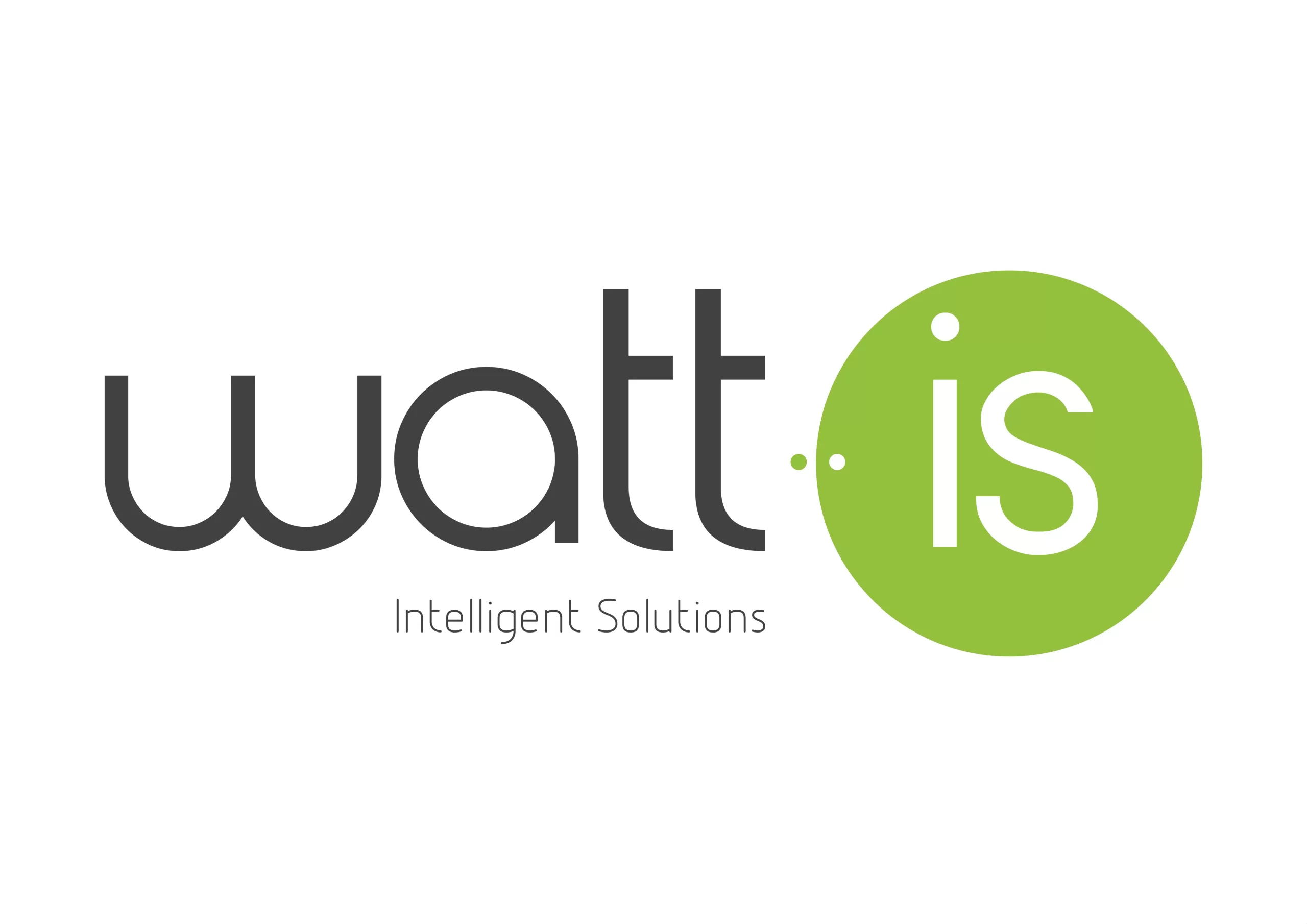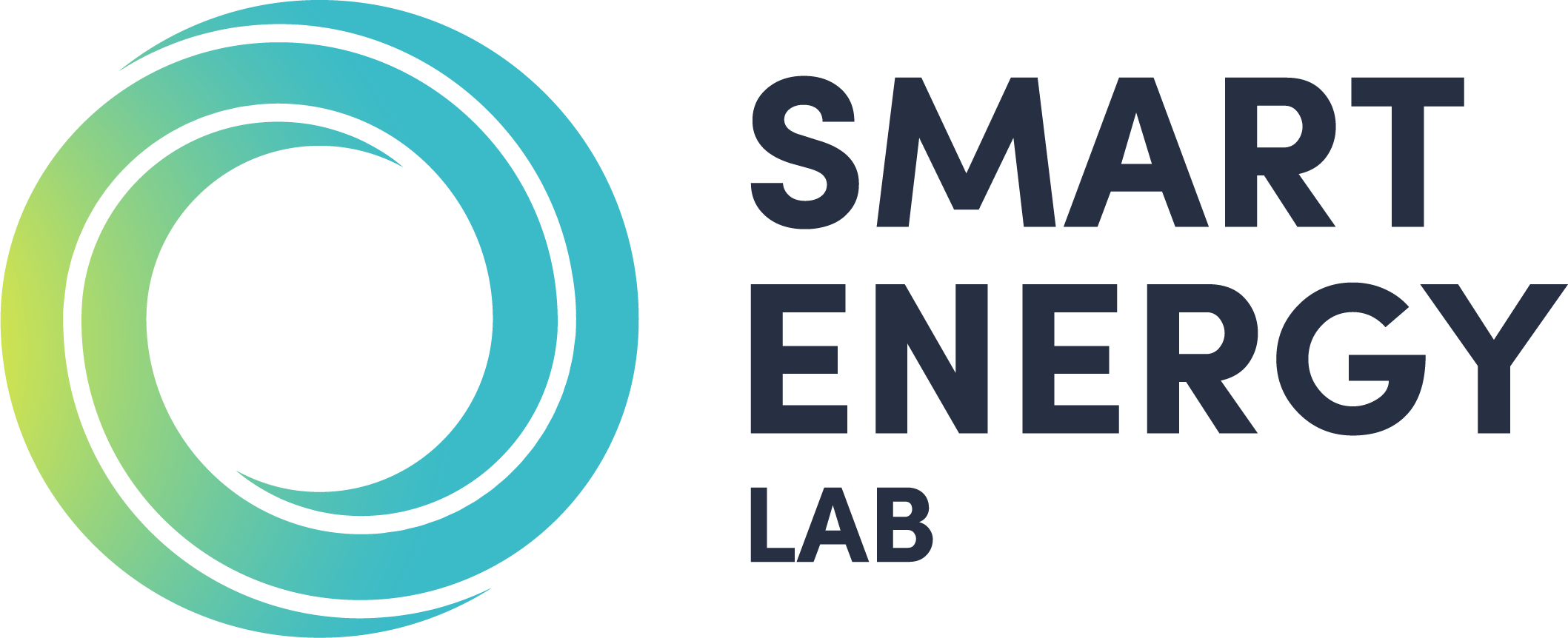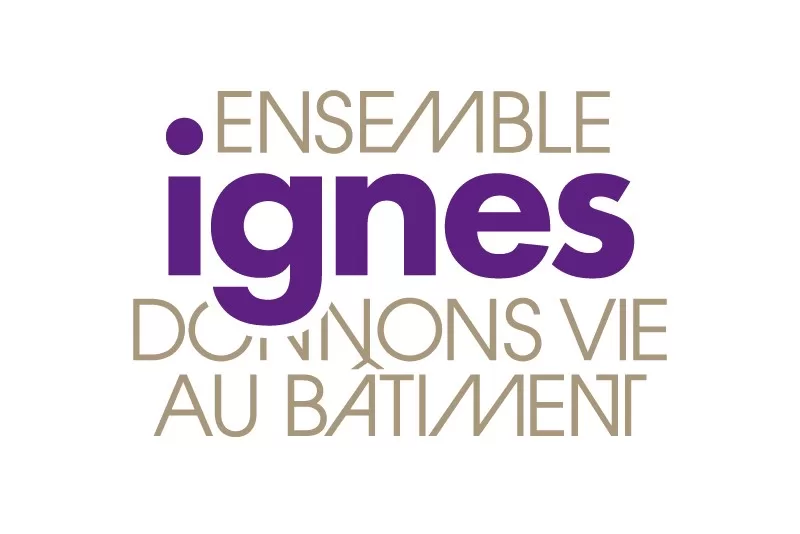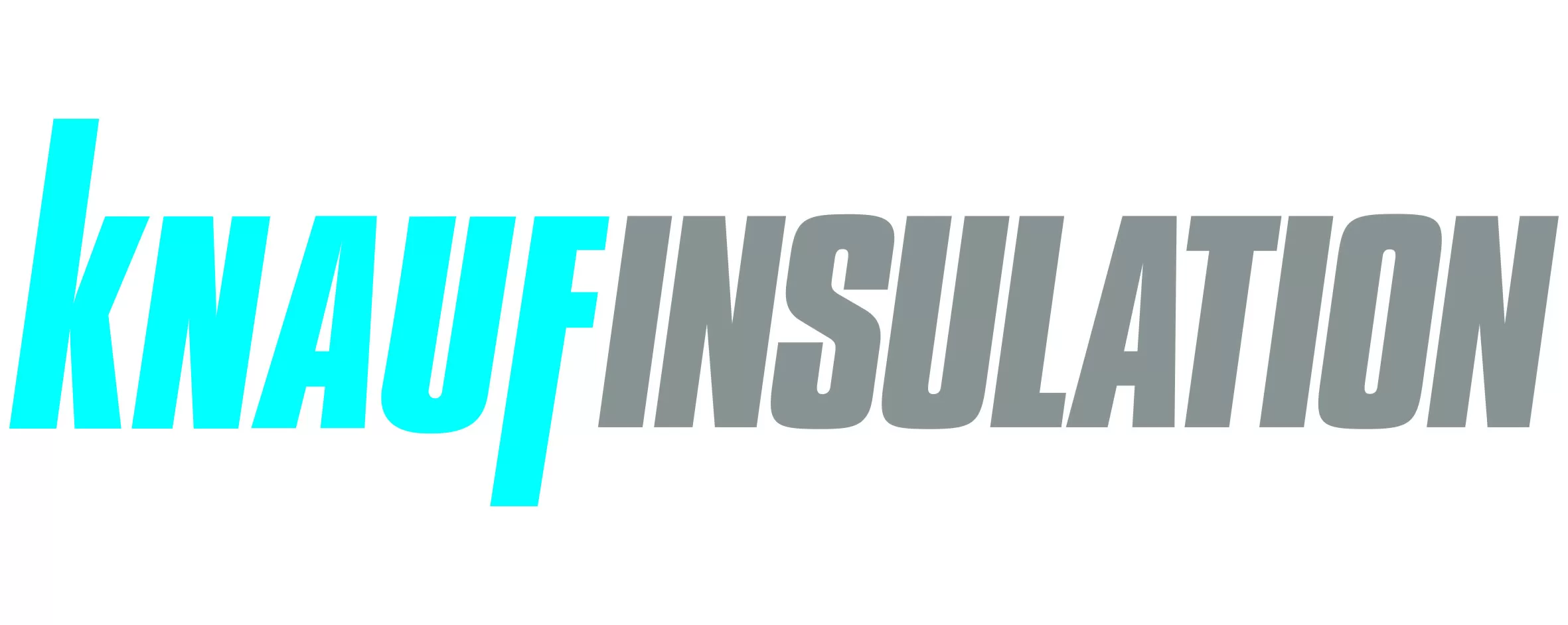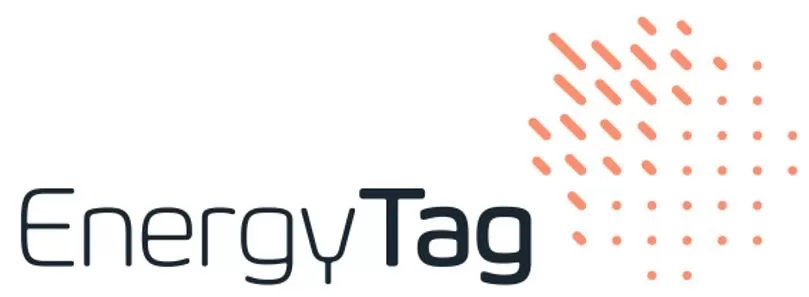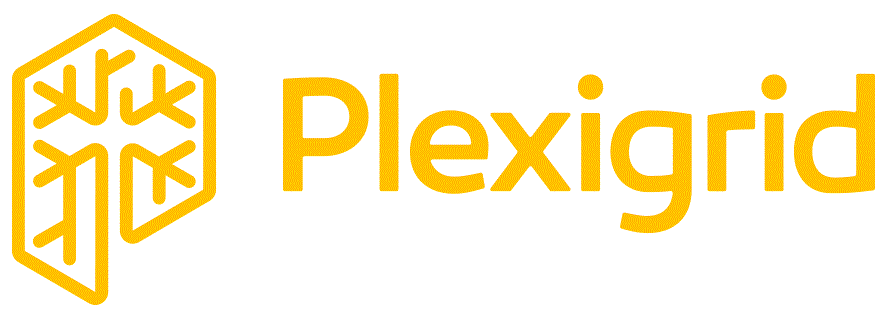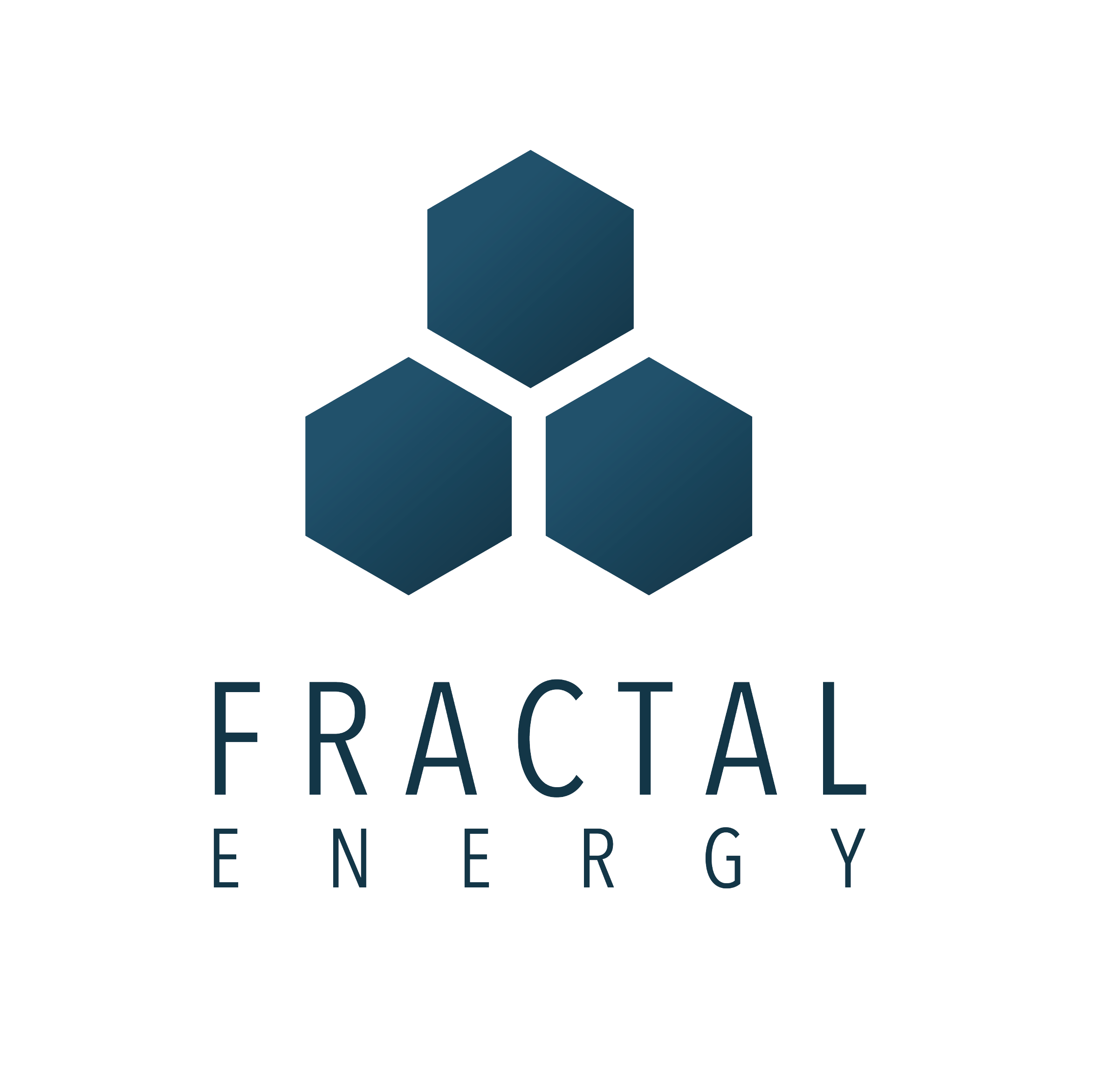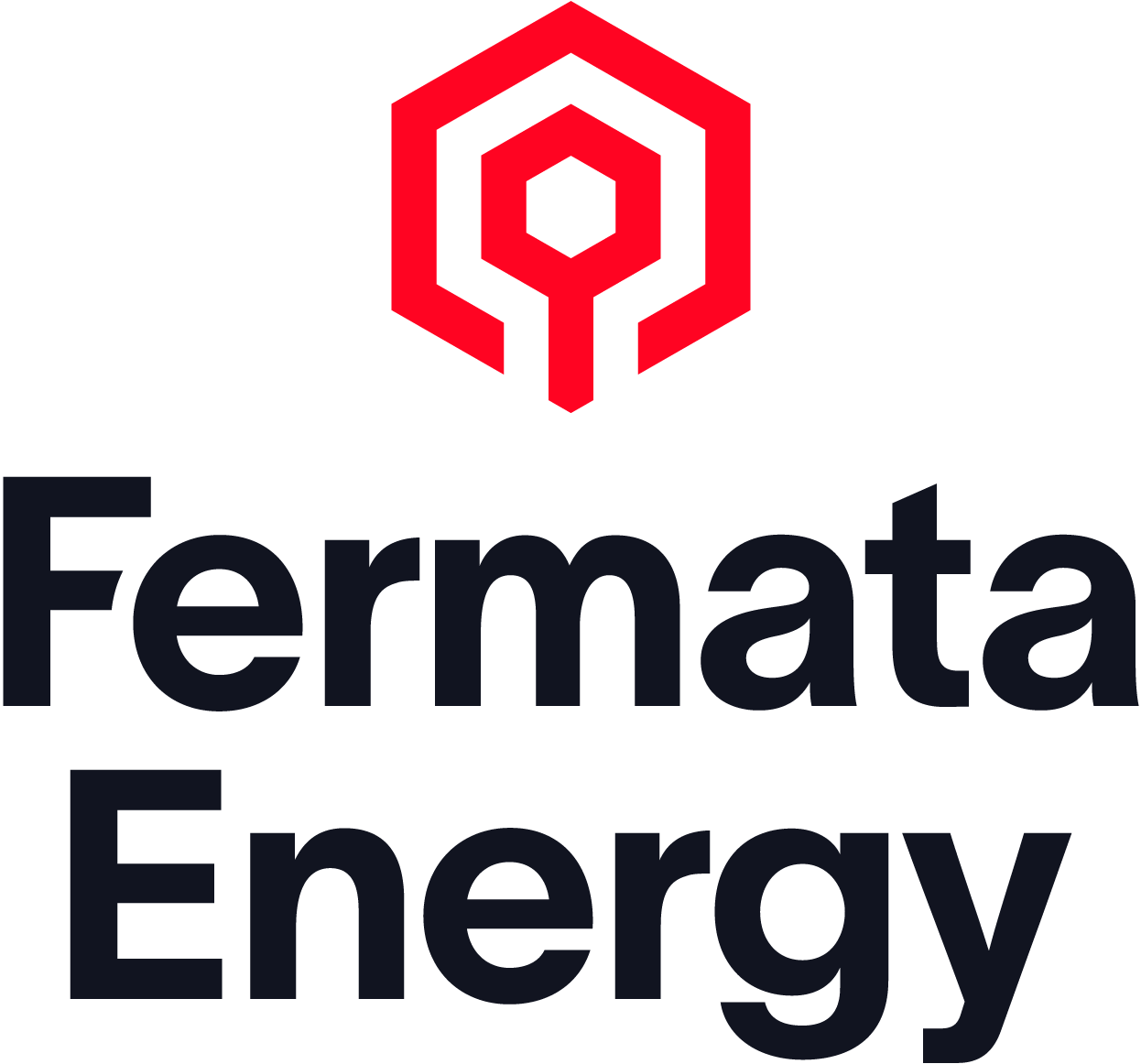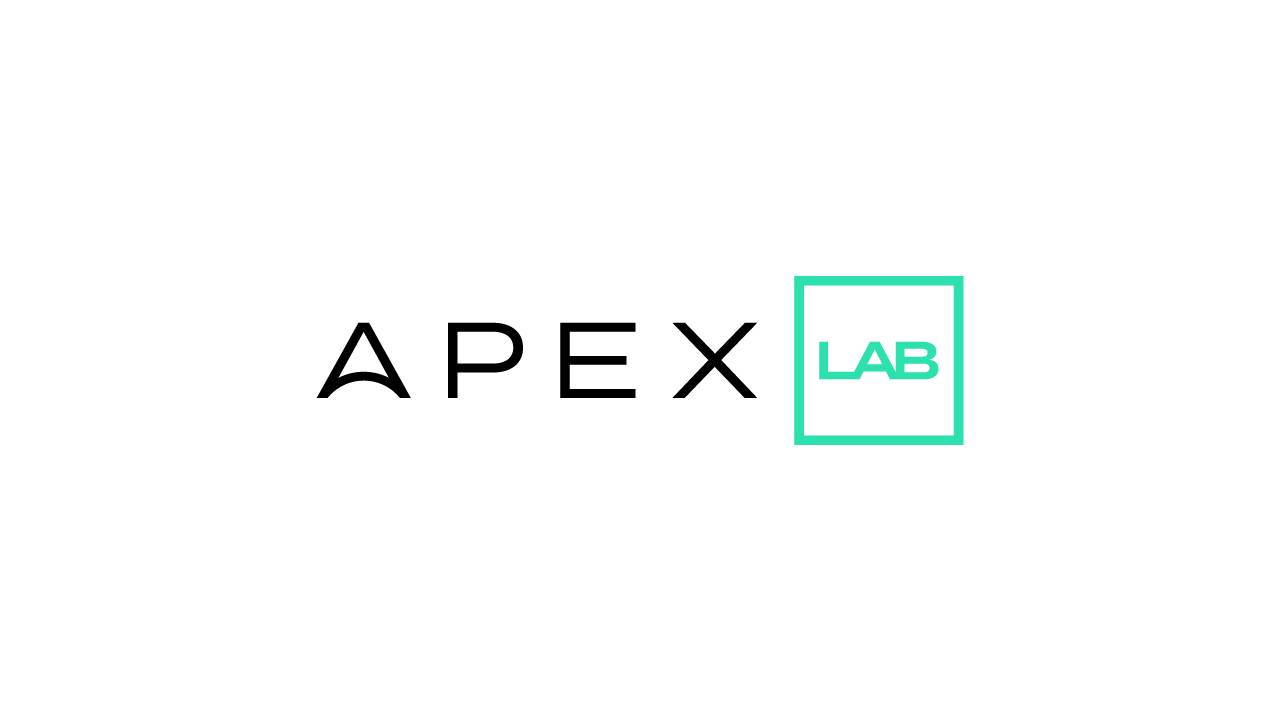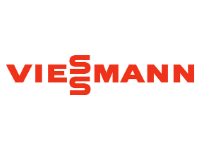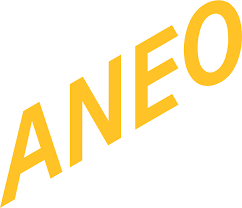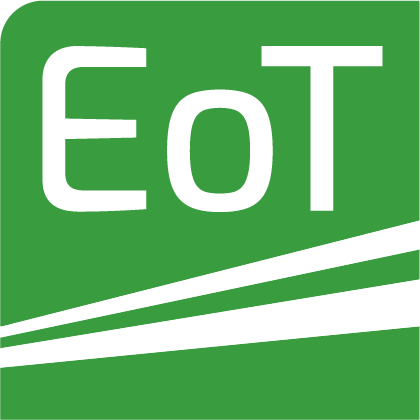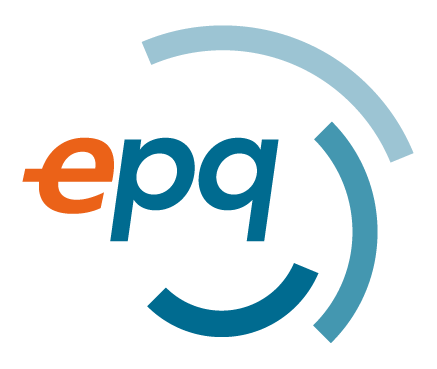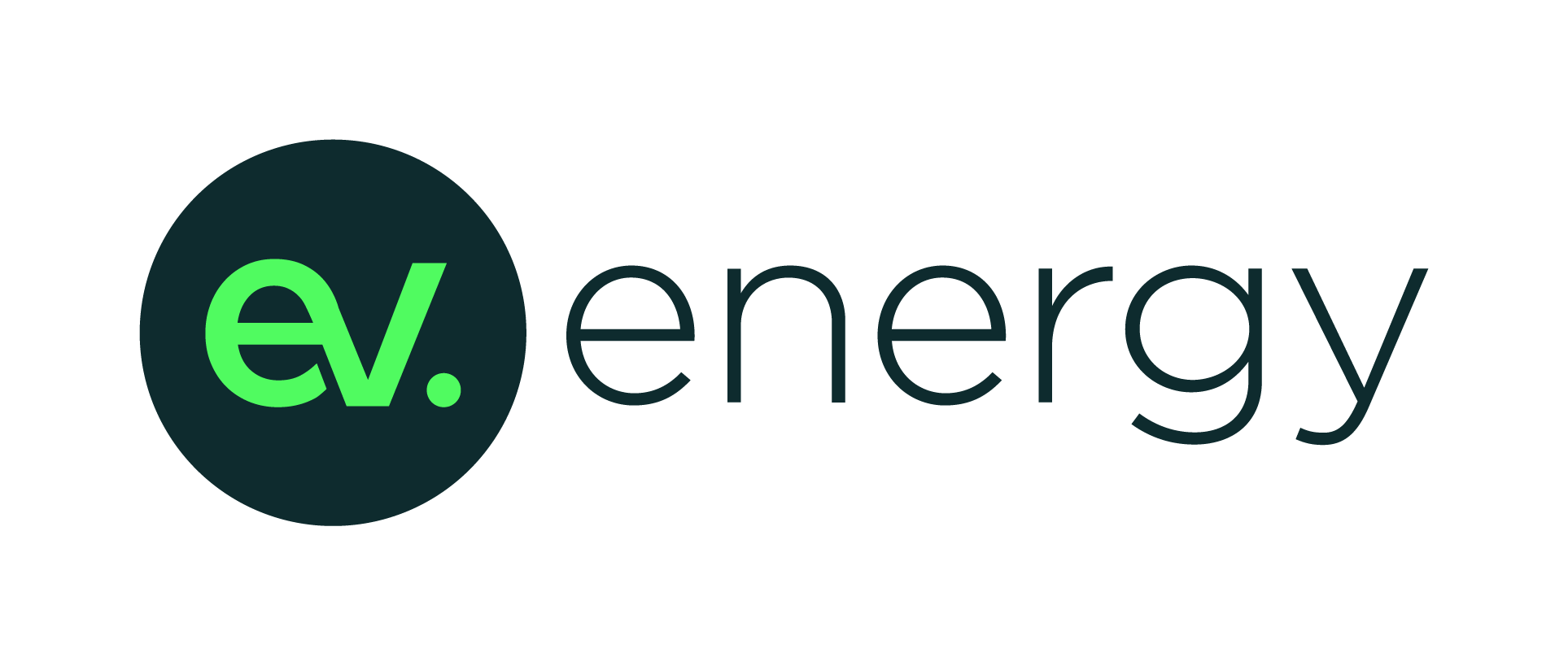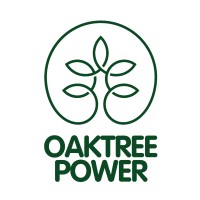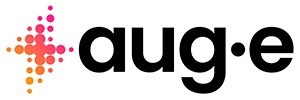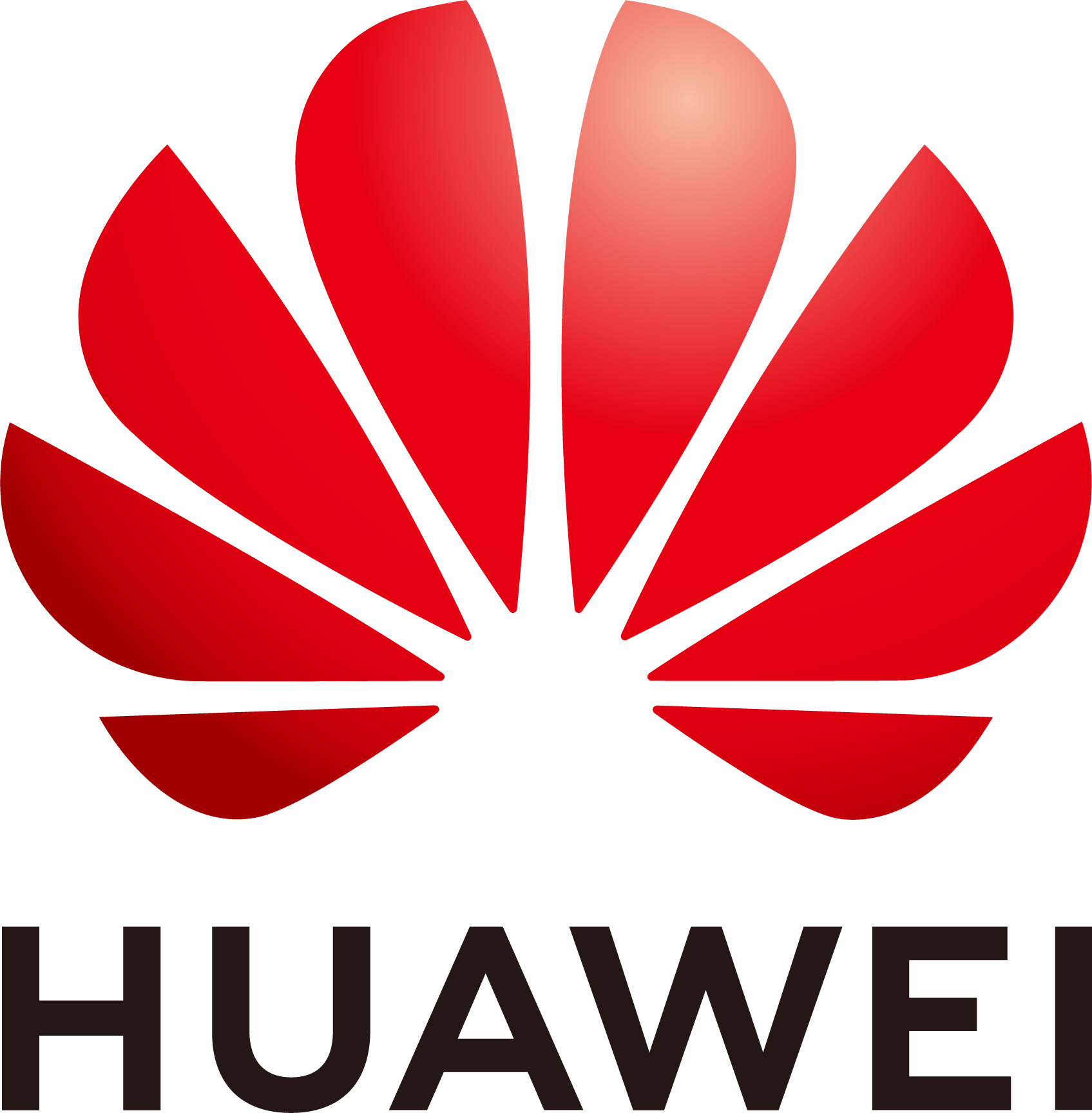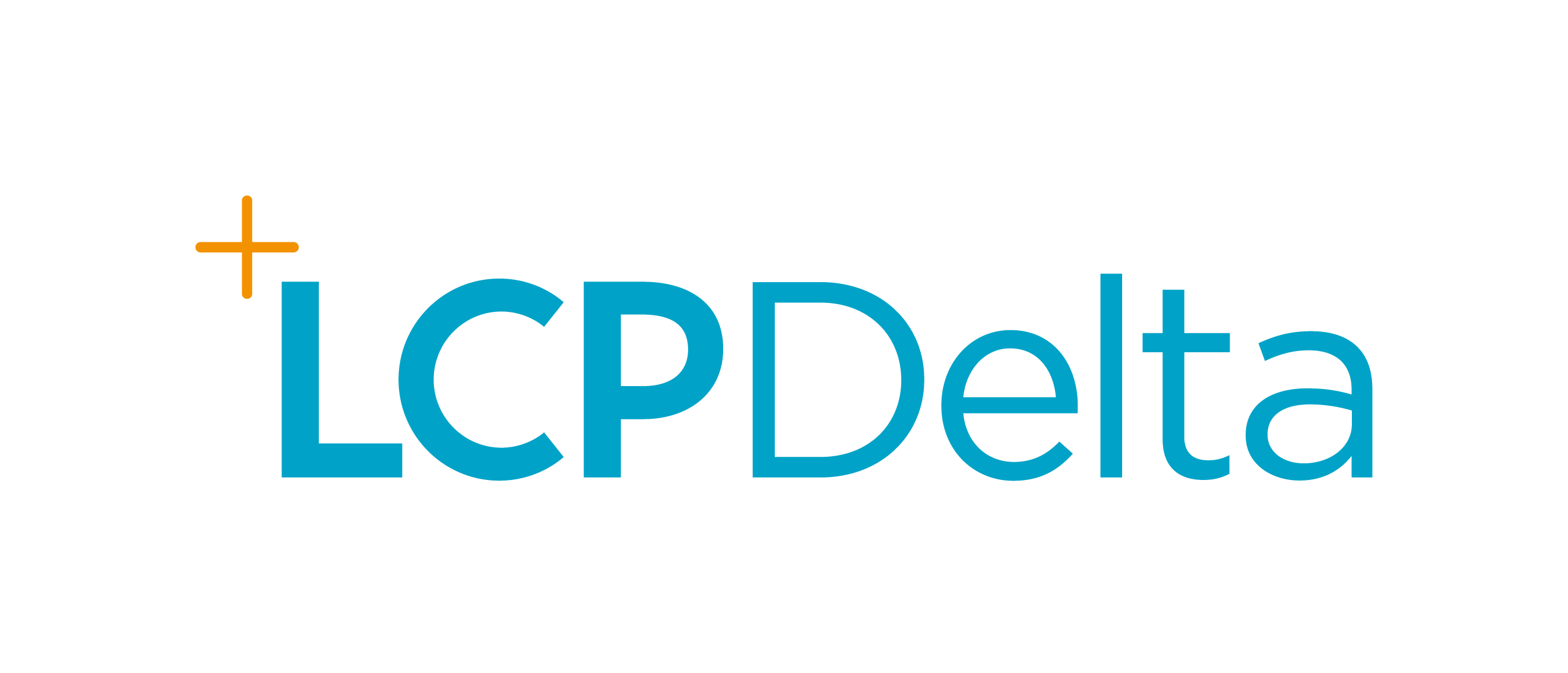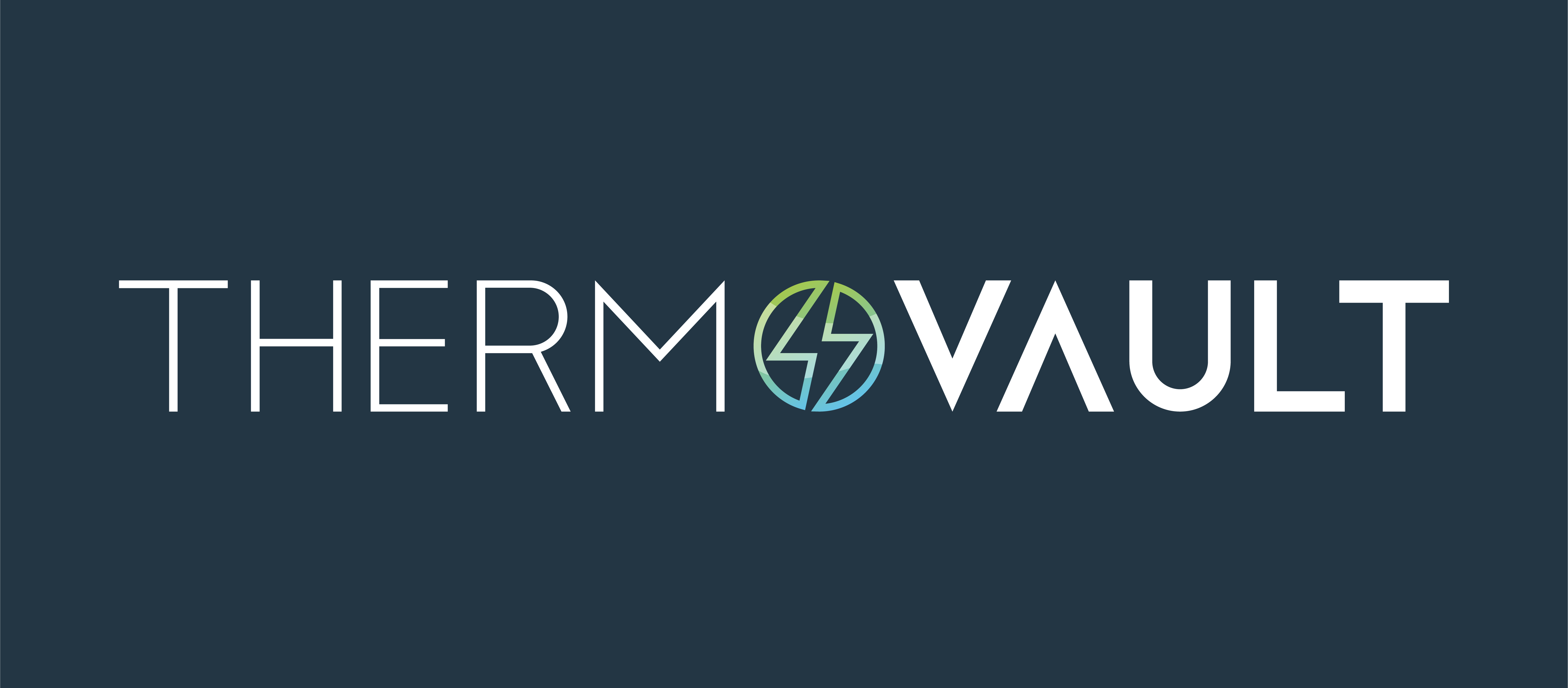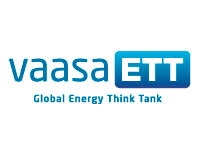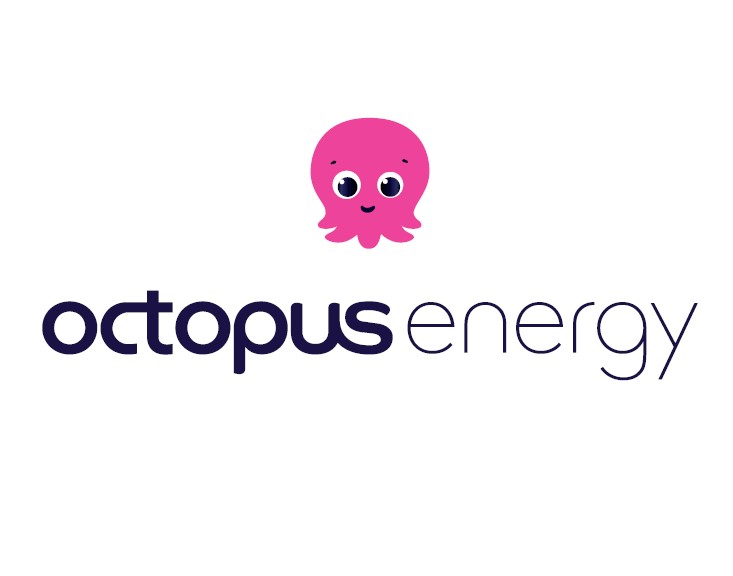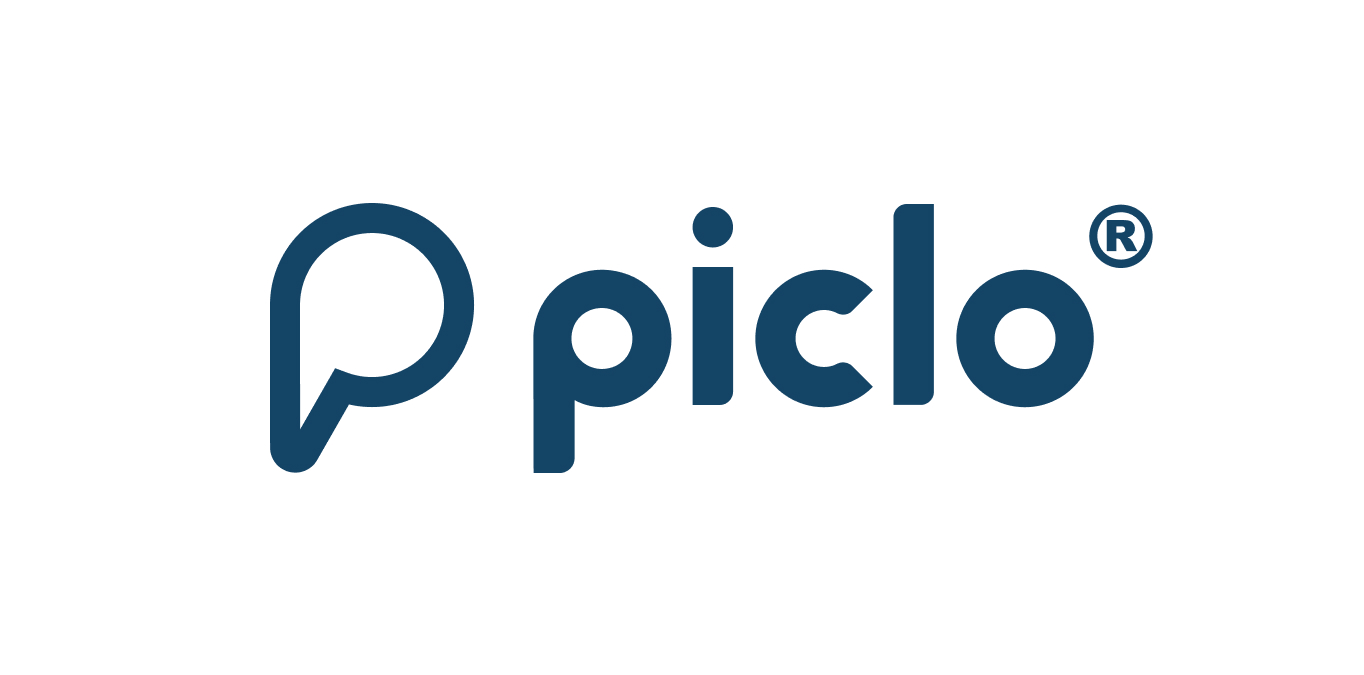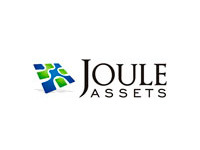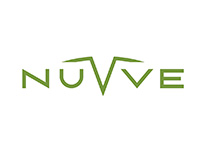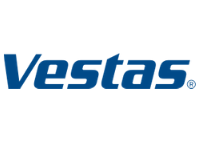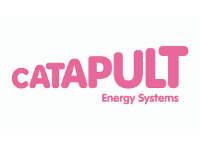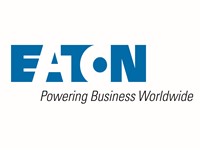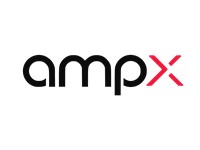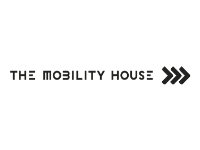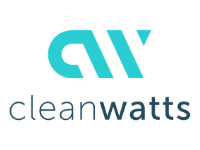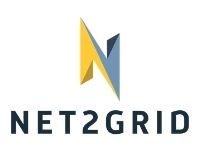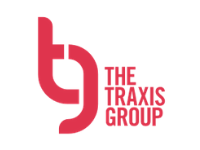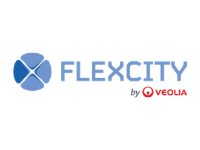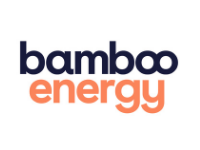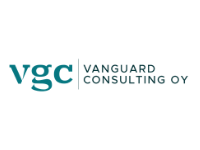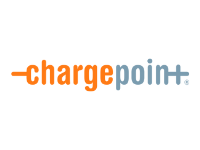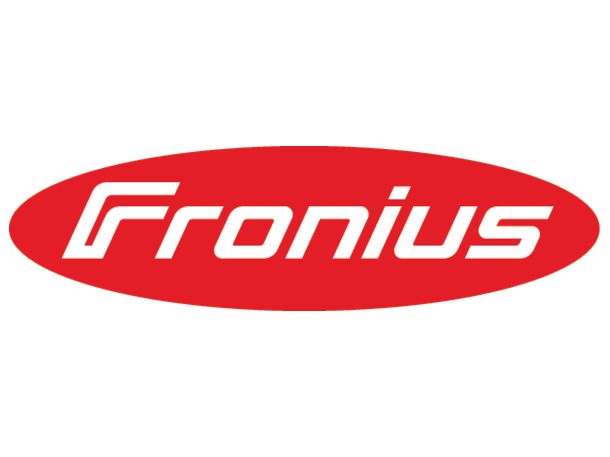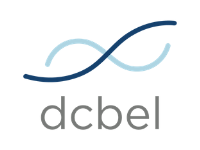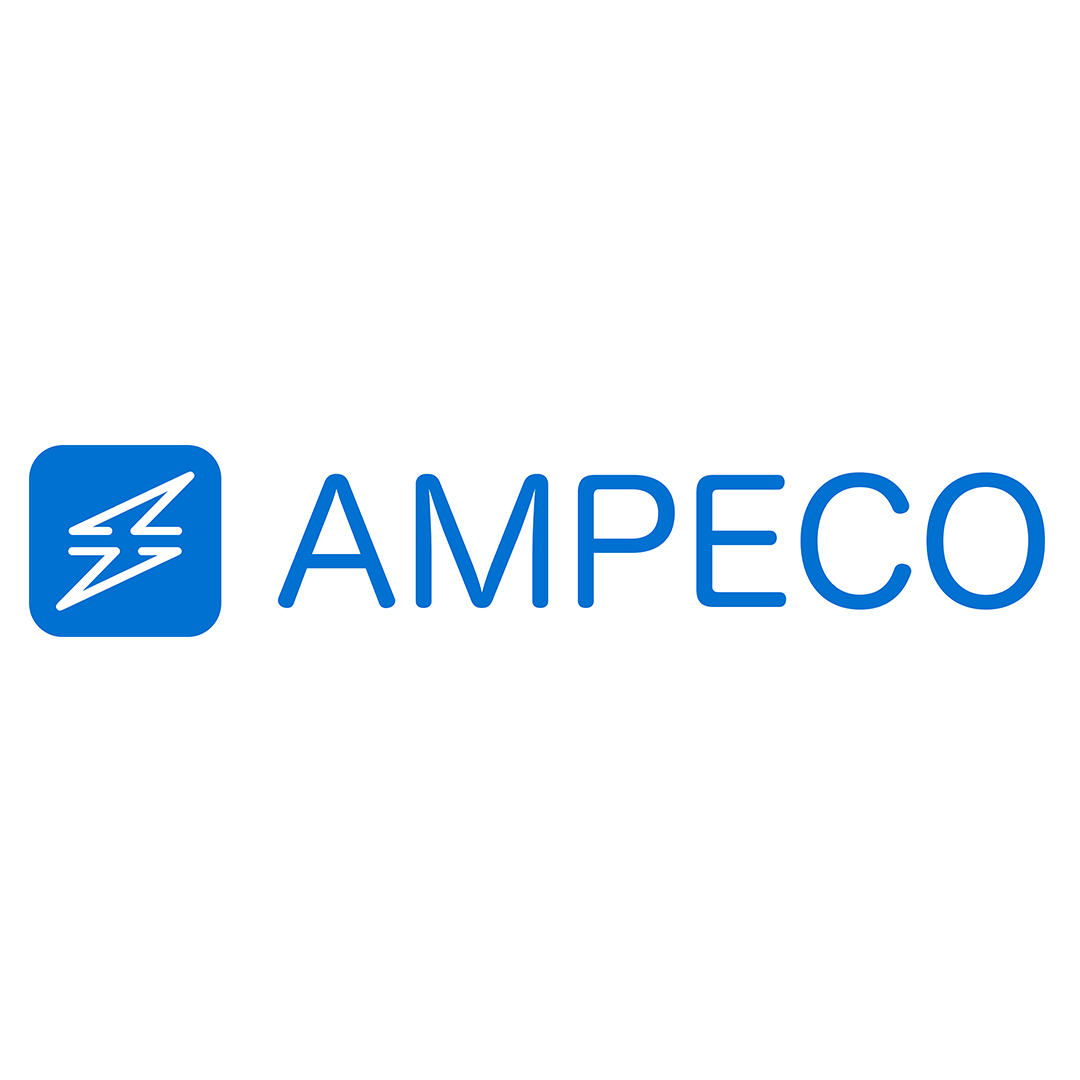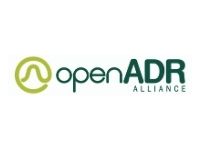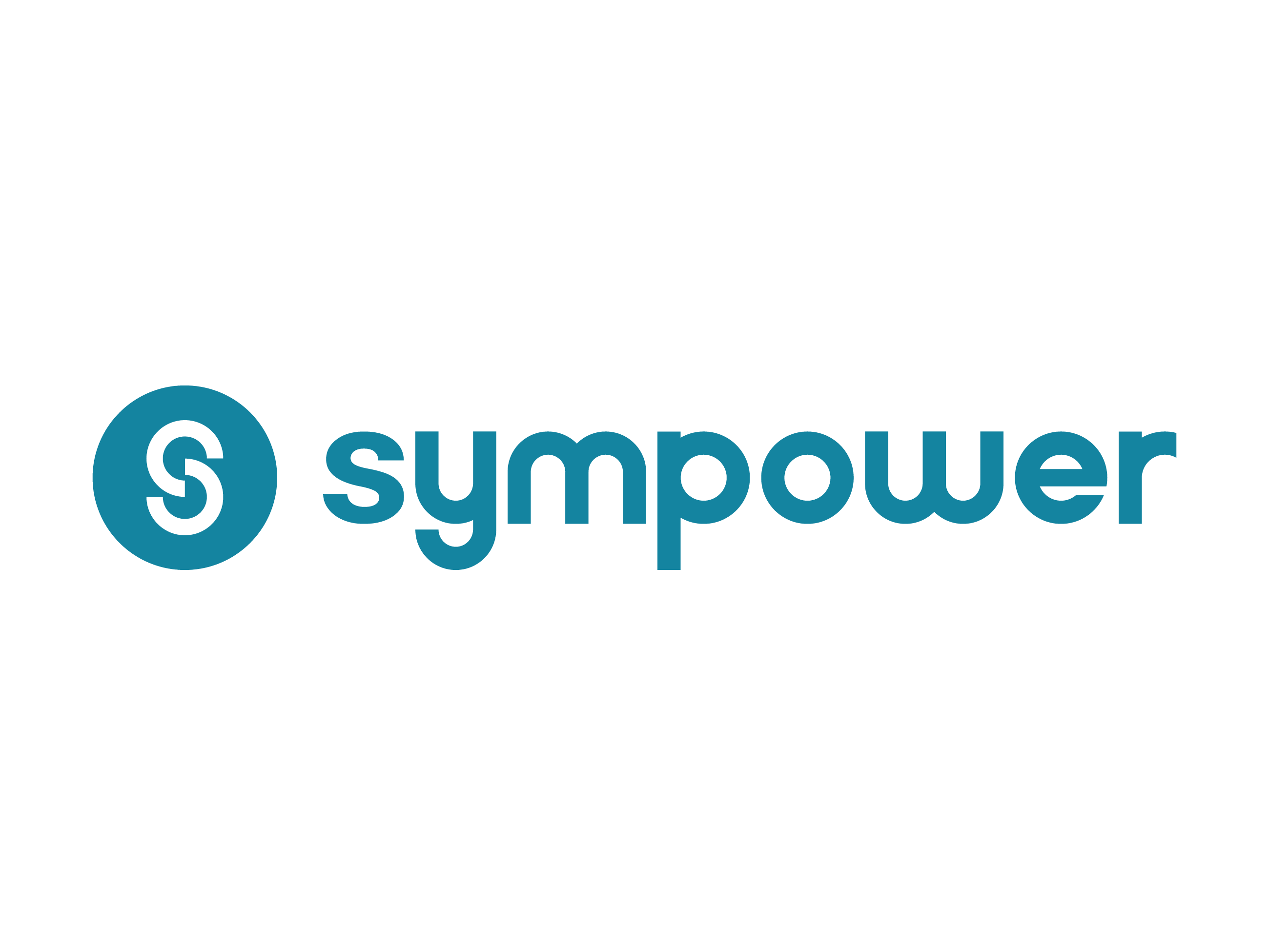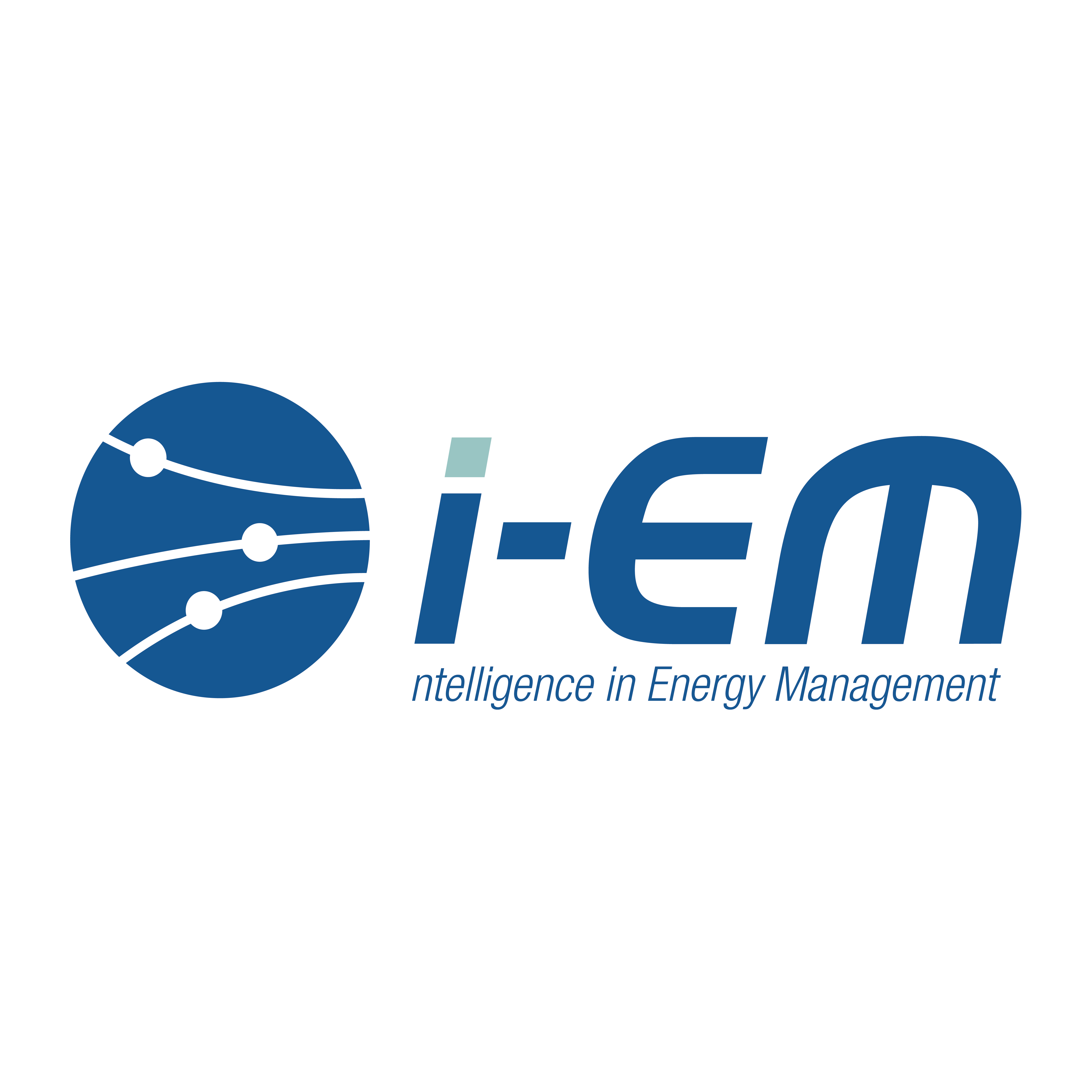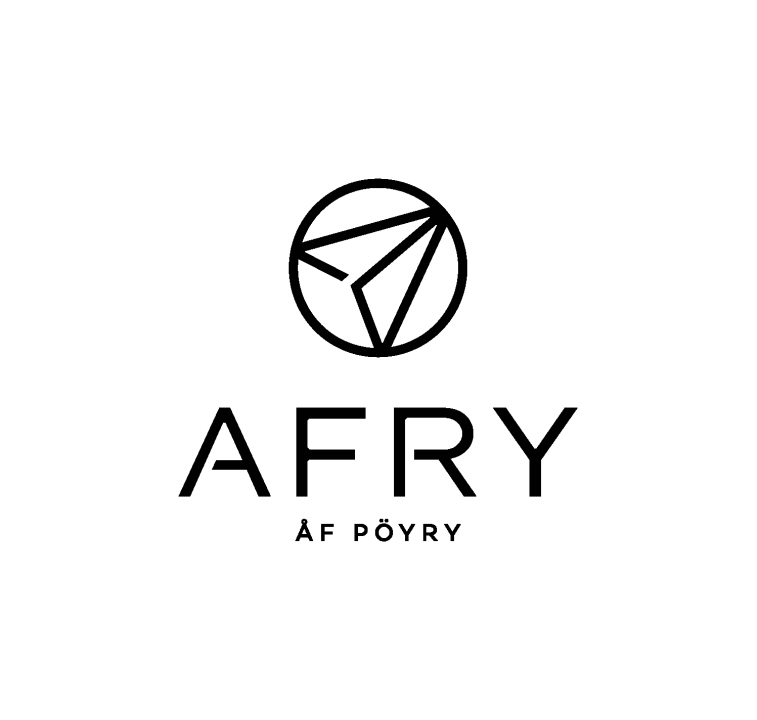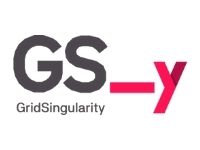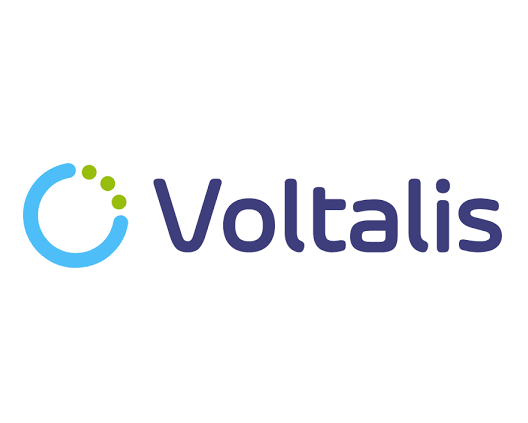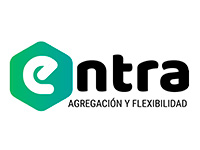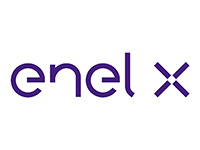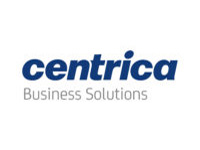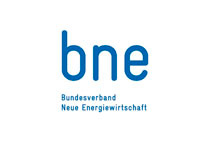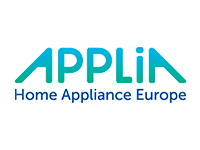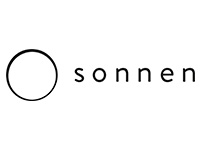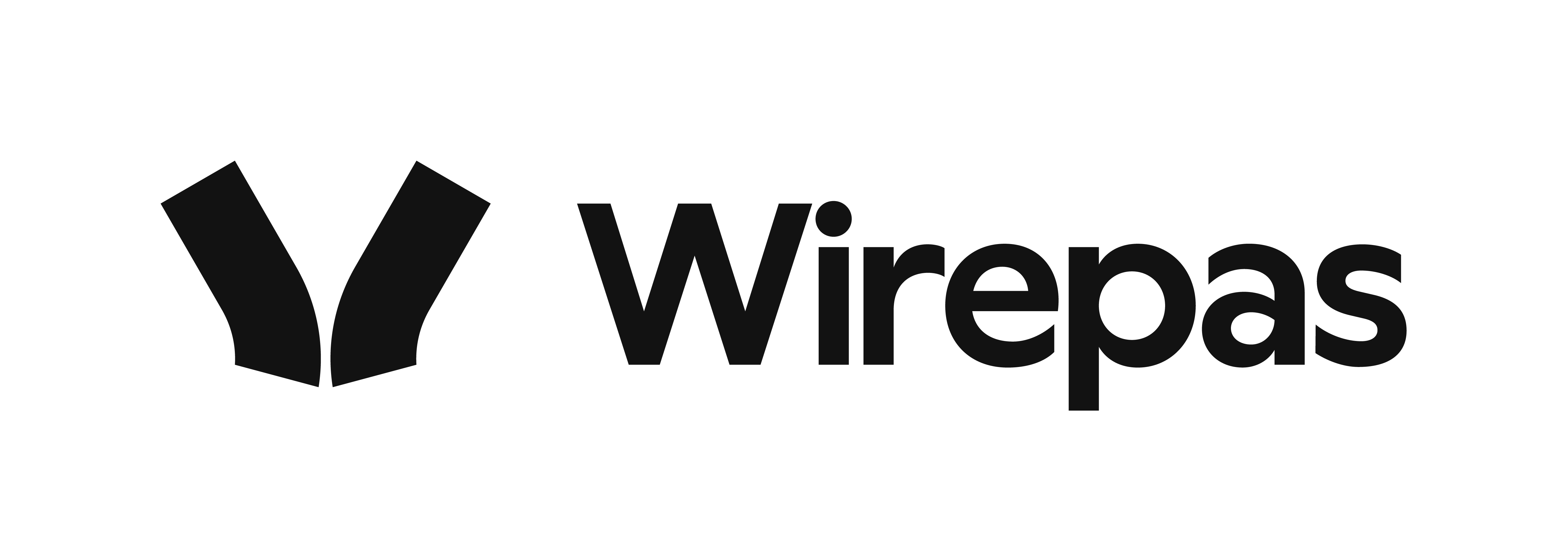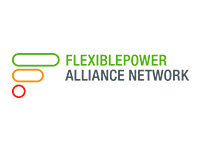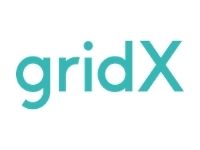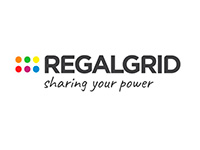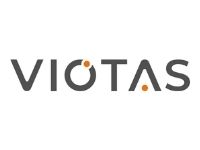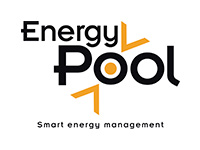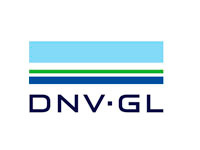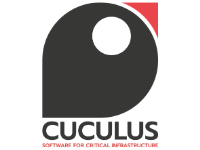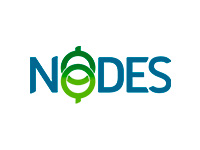Date: 13 July 2021 10:00-11:30 CEST | Register now!
Description:
On the path towards climate neutrality, electrification of end-user sectors, particularly the transport, building, and industry sectors, will play a crucial role. As estimated by the European Commission in its Energy System Integration Strategy, electricity in final energy demand will double from current levels, reaching at least 50% by 2050.
To achieve our climate goals, this electricity needs to be largely renewables based, which means variable sources mainly connected at low- and medium-voltage grids. All these will bring important changes to the way the electricity system functions. Increased flexibility for the overall management of the electricity system will be crucial to adapt the electricity system to these changes and to keep costs down and limiting costly grid expansions.
Flexibility is a cornerstone of a more efficient, optimised and fit-for-the-future energy system. At the same time, electrification of final energy demand creates new sources for system flexibility, and provides new opportunities for such flexibility. This is where smart buildings and electric vehicles can play a significant role as Decentralised Energy Resources that should be integrated in the power grid.
Cities and towns are on the front run of these changes and play an essential role when it comes to building renovations and the integration of increasingly more electric vehicles in the energy system.
Aim and Scope:
The event Powering the “net-zero carbon” city: best practices in the smart integration of buildings and transport will present and discuss how electric vehicles and smart buildings can provide significant distributed flexibility sources to run the increasingly variable energy system while supporting an efficient decarbonisation.
This event will showcase best practices and success stories in cities across Europe with the aim of demonstrating what is possible today, what benefits can be derived for citizens, the system and society overall, and inspire local action.
We will avoid complex technical and policy discussions and adopt instead a dynamic and engaging approach to communicate opportunities and benefits of the clean energy transition, in particular to local actors.
Key insights from smartEn’s Q&A paper on the value of flexible buildings, which also address the implications of an increased electrification of both buildings and transport sectors, will be presented during the welcome speech.
Agenda:
Register here.



